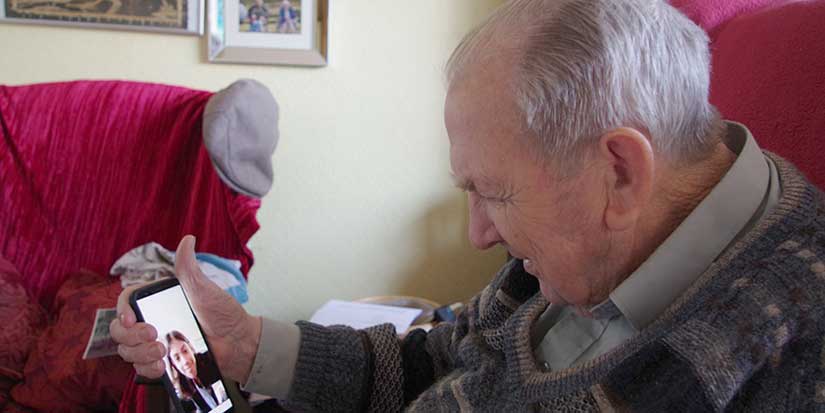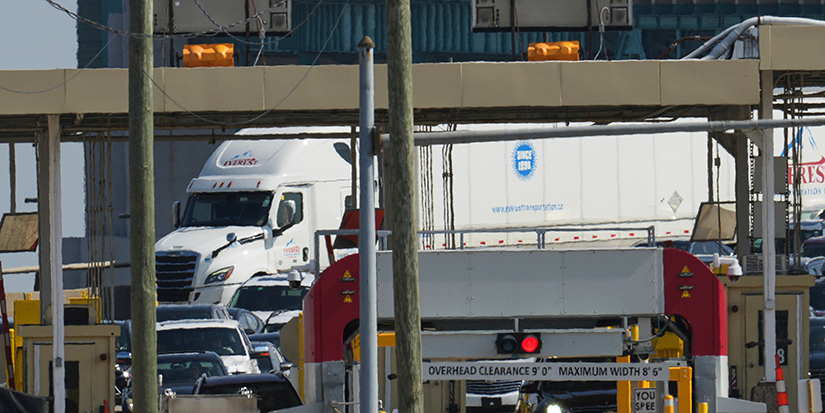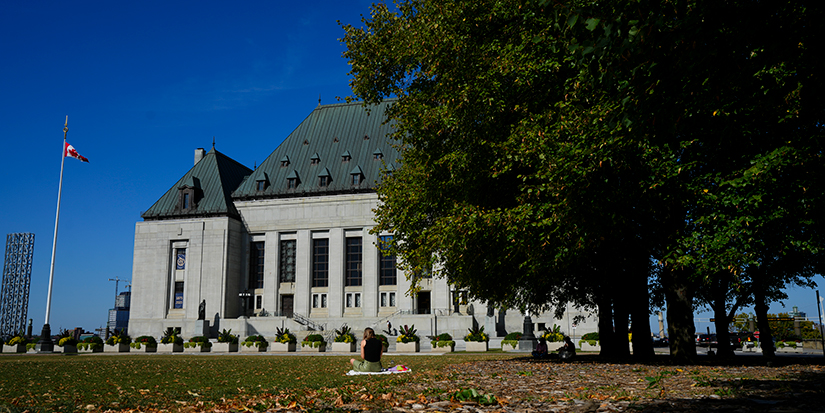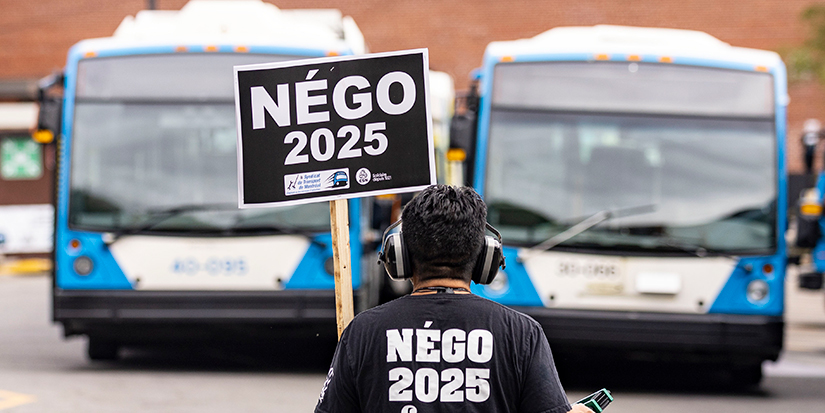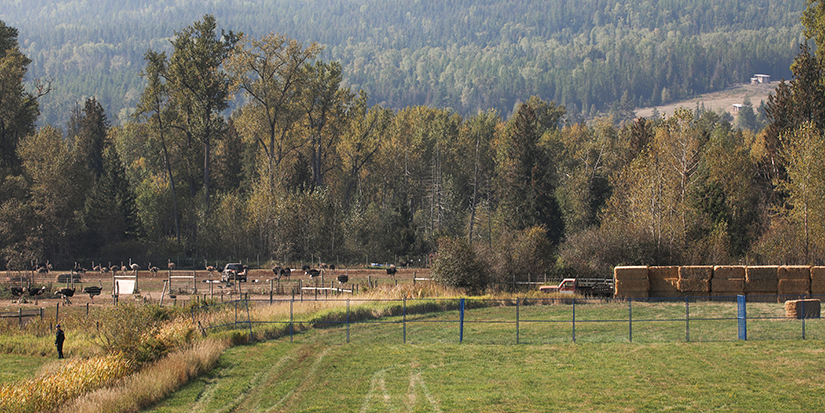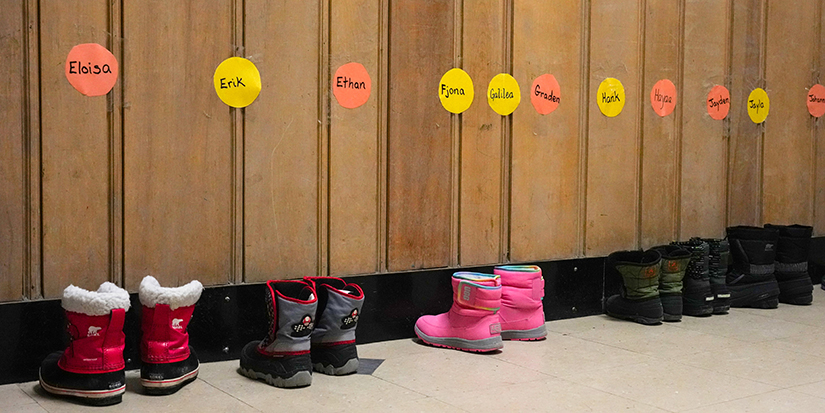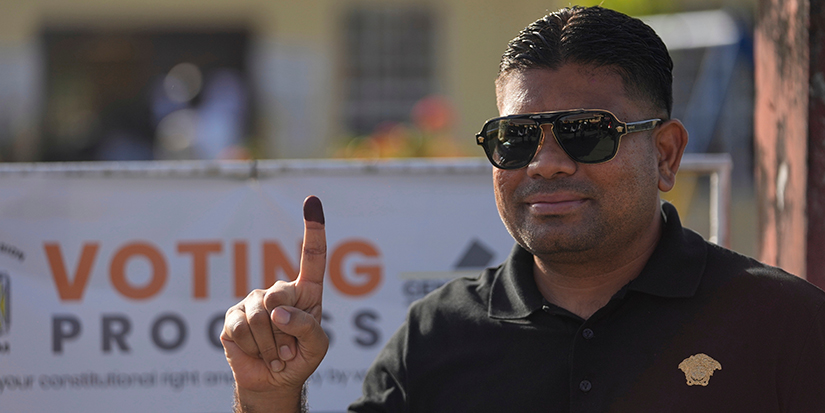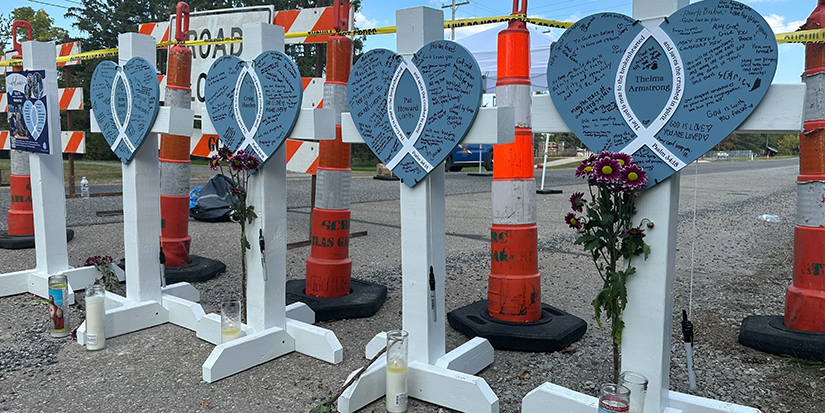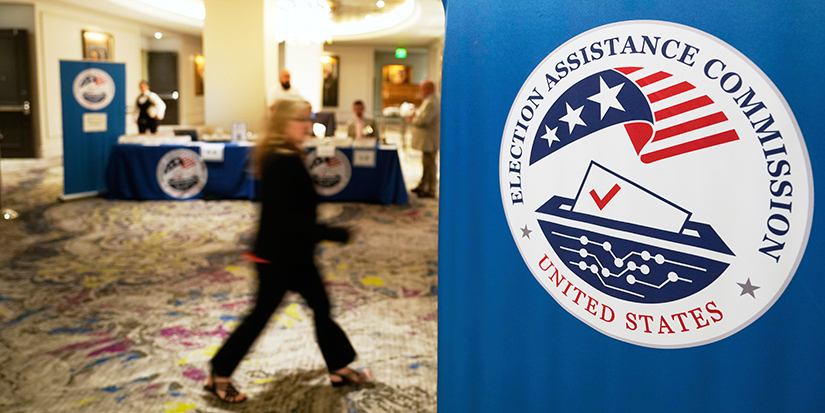Latest News
Services stopping seniors’ solitude

By Hannah Scott, Local Journalism Initiative reporter
Published 2:33 PST, Fri November 12, 2021
—
The pandemic has created an increased sense of isolation for everyone, but for seniors who rely on external supports for company or services it has proved particularly challenging.
Carol Dickson, manager of seniors community support services at Richmond Cares, Richmond Gives (RCRG), says the agency’s role is to connect people to the services they need.
Some seniors experienced trouble accessing food for the first time. Others struggled to access technology. But above all, access to human contact was limited, leaving people feeling isolated.
To combat the isolation, RCRG’s visiting and senior peer counselling services switched to over the phone. The transportation program has recently been brought back. Prescriptions and frozen meals are being delivered. And Dickson says the grocery delivery program tripled in demand at one point, currently serving about 120 people a week.
“Everybody was reaching out, volunteers and staff, to our clients to see how they were doing,” she says. “All those services give someone a friendly voice or a friendly face. Even if it’s not a formal visit, all our services make people feel that they’re cared for.”
Dickson says both seniors and volunteers have shown a lot of strength and bravery throughout the challenging time.
“It’s not easy to ask for help, so it’s really a pleasure to be able to help someone,” she adds.
Part of Dickson’s job is to get the word out about RCRG’s services, including through community presentations like the one she did recently at Hamilton High Street Residence. The intent of these offerings is to answer people’s questions and let them know about available services as they’re starting to age.
Longtime Steveston residents Fred Penland and Lynne Waller attended the presentation and shared some highlights.
“There had to be changes in the way certain aspects of care were administered, because volunteers couldn’t go into people’s homes,” says Waller. “(RCRG has) a service where volunteers would go and visit with people and those things couldn’t happen because of COVID, but they’ve been replaced by Zoom calls and long phone calls.
“It was interesting to hear the length to which RCRG and others in the community who were administering these kinds of programs have gone to take up the slack and provide the same caring. When you can’t go and give somebody a hug, you kind of have to do it on the phone. But people are going the extra mile.”
Penland says the two took a course on dementia about ten years ago to help provide care to Waller’s mother. That course was also presented by Dickson.
“Something that really struck us as significant is that the people present at the presentation (at Hamilton) didn’t need to worry about how the details work,” says Penland. “All that someone needed to do in the future when they needed some services was to contact (RCRG) because they would be up to date on what was available for seniors and be able to assist in the process of finding the right people to talk to and the right applications to make.”
With a computer and access to Zoom, Penland and Waller consider themselves lucky to be able to stay connected virtually. And Waller was impressed that many community organizations—like their bank and local community centre—reached out with phone calls in the first six months of the pandemic to see if any help was needed.
Mary Broten, who lives in nearby New Westminster, attended the presentation to learn about available supportive housing options for seniors who move out of their previous homes.
“I was really amazed at what Richmond offers seniors,” says Broten.
